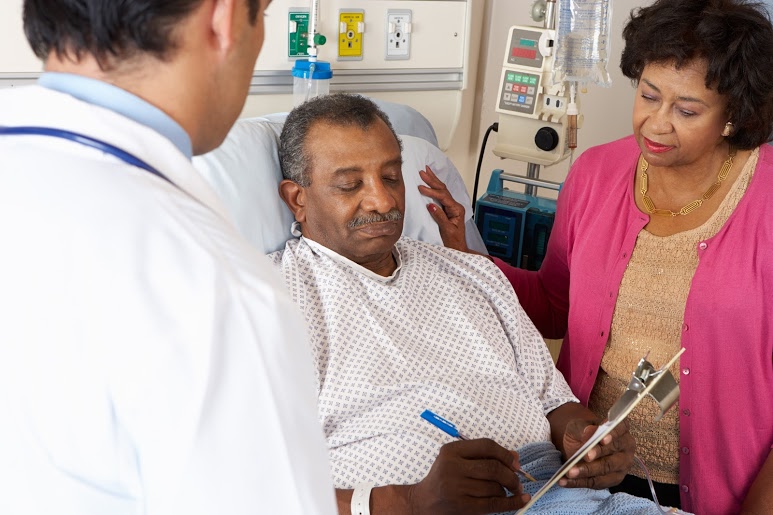Major Surgery and Lowering VTE Risk

Why does major orthopedic surgery increase the risk of blood clot?
A blood clot can complicate the recovery after a major orthopedic surgery such as a knee replacement or a hip fracture surgery.Orthopedic patients are more likely to develop clots due to:
- Blood clotting around the tissue and bone injury
- Injury to the blood vein
- Limited ability to move
How can I lower my risks during and after a major orthopedic surgery?
- Keep moving.
Move as much as possible after your surgery and exercise as instructed by your healthcare provider to improve blood flow.
- Discuss medication.
Talk to your healthcare provider to find out if you should consider *blood thinners after surgery.
- Drink water.
Get enough hydration, especially if you’re immobile.
- Consider compression.
Use graduated compression stockings if recommended by your healthcare provider. Ask about massaging compression devices if you’re lying down for long periods.
- Know the symptoms.
Learn to recognize the symptoms of a dangerous blood clot and speak up if you notice anything that concerns you.
Know Your Risk for a Dangerous Blood Clot
A blood clot may affect anyone, but some people are at higher risk. If you are in one or more of these special risk groups, it’s important to learn how to lower your risks.

(* Some medications are commonly called blood thinners because they can help reduce a blood clot from forming. There are three main types of blood thinners that patients commonly take: anticoagulants like warfarin or heparin, antiplatelet drugs like aspirin, and fibrinolytics like tPA (tissue plasminogen activator). Each type of medication has a specific function to prevent a blood clot from forming or causing a blocked blood vessel, heart attack, or stroke.)







